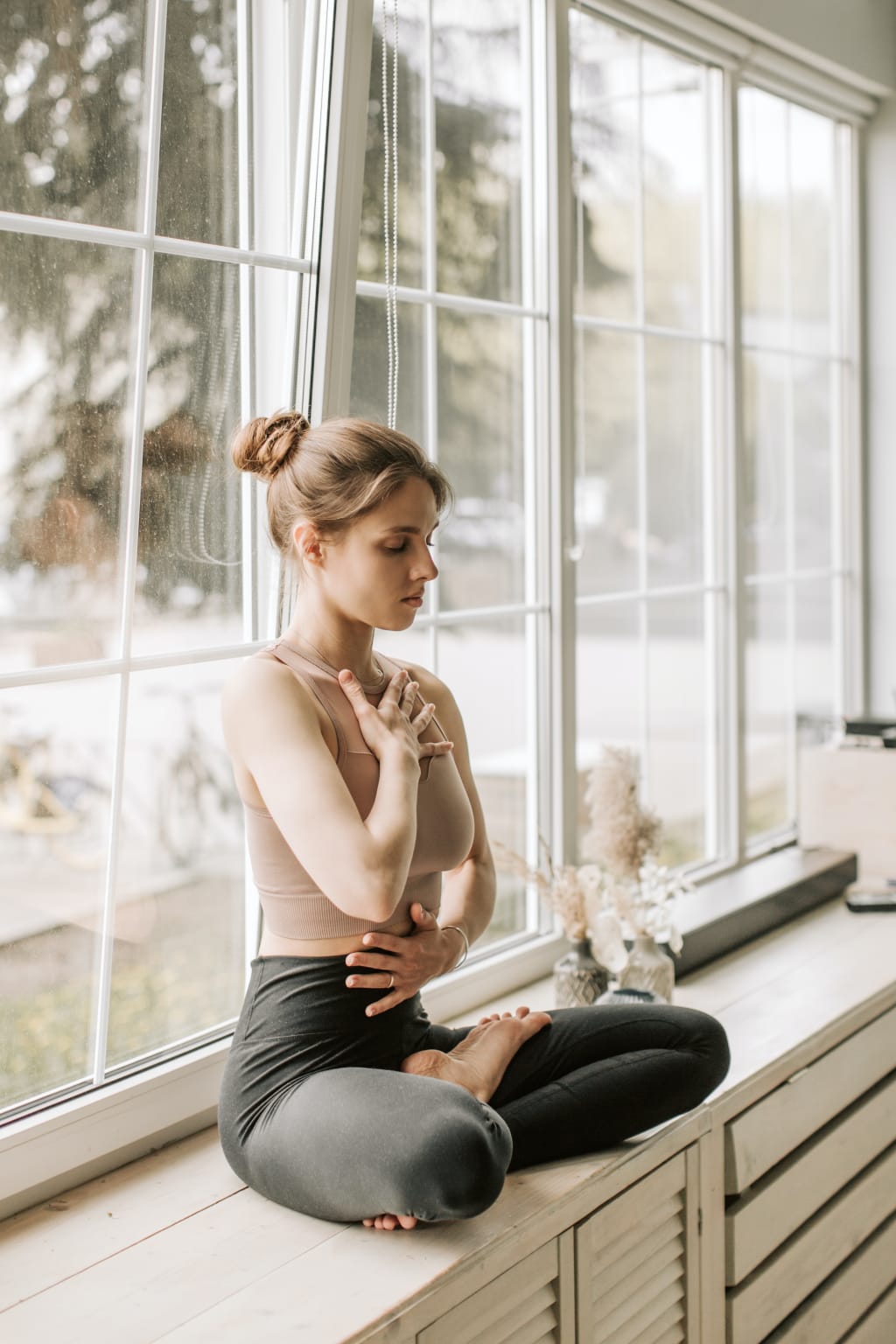
Stress is an inevitable part of life, but it doesn't have to control us. In fact, chronic stress can lead to a variety of health problems, including anxiety and depression. The good news is that there are simple ways to reduce stress in our daily lives. From mindfulness practices to physical exercise, these techniques can help us feel more in control and improve our overall well-being. In this blog post, we will explore 5 simple ways to reduce stress in daily life that anyone can incorporate into their daily routine. From learning how to meditate, to finding ways to stay organized, these tips will help you reduce stress and improve your quality of life. So, whether you're feeling overwhelmed by work, school, or personal issues, these tips will give you the tools you need to take back control.
This article provides simple and practical ways to reduce stress in daily life. It covers five main techniques that are easy to incorporate into your daily routine, such as mindfulness practices, physical exercise, time management and organization, social support, and relaxation techniques. The techniques mentioned in the article are easy to understand, and can be done by anyone, regardless of their prior knowledge or experience. The goal of this article is to provide readers with actionable tips that they can start implementing in their daily lives to reduce stress and improve overall well-being.
A. Mindfulness practices
Mindfulness is the practice of being present in the moment and focusing on the here and now. This can be done through a variety of techniques, such as meditation, deep breathing exercises, and journaling. Research has shown that mindfulness practices can help to reduce stress and improve overall well-being.
One of the simplest and most effective ways to practice mindfulness is through meditation. Meditation doesn't have to be complicated or time-consuming, even just a few minutes a day can make a difference. There are many guided meditation apps available for free, such as Headspace or Calm, which can help you get started.
Deep breathing exercises are another easy way to practice mindfulness. When we're stressed, our breathing becomes shallow and rapid, but by taking deep, slow breaths we can activate the body's relaxation response, which can help to reduce stress. A simple exercise is the 4-7-8 breathing technique, in which you inhale for 4 counts, hold for 7 counts, and exhale for 8 counts.
Journaling is also a great way to practice mindfulness. Writing down your thoughts and feelings can help you to process them and gain a better understanding of what's causing your stress. Plus, it's a great way to reflect on the things that you're grateful for and to remind yourself of the things that are going well in your life.
B. Physical exercise
Regular physical activity can help to reduce stress by releasing endorphins, which are chemicals in the brain that act as natural painkillers and mood elevators. Exercise can also help to improve sleep, which can be disrupted by stress.
Exercise doesn't have to be intense or time-consuming to be effective. Even something as simple as going for a walk, taking the stairs instead of the elevator, or stretching can help to reduce stress.
Yoga is another great form of exercise that can help to reduce stress. Yoga combines physical postures, breathing techniques, and meditation, which can help to calm the mind and relax the body. There are many different styles of yoga, so it's worth trying a few to see which one you like best.
C. Time management and organization
Feeling overwhelmed by tasks and responsibilities can contribute to stress. One way to combat this is by effectively managing your time and staying organized.
Creating a to-do list can help you to stay on top of your tasks and responsibilities. Prioritize the most important tasks and tackle them first. This can help you to feel more in control of your time and reduce feelings of overwhelm.
Staying organized can also help to reduce stress. Having a designated place for everything and keeping your space clutter-free can help to reduce feelings of chaos and disorder.
D. Social support
Social support is essential in managing stress. Having a support system can help you to feel less alone and more understood.
Connecting with friends and family can provide the emotional support that you need. Joining a support group can also be beneficial, as it can provide a sense of community and the opportunity to connect with others who are going through similar experiences.
Professional help, such as counseling or therapy, can also be a great way to get the support you need. A therapist can help you to work through your feelings, develop coping strategies, and provide you with a safe space to talk about what's been troubling you.
E. Relaxation techniques
Relaxation techniques, such as yoga, aromatherapy, or listening to calming music, can help to reduce stress.
Yoga can be a great form of exercise that can help to reduce stress. Yoga combines physical postures, breathing techniques, and meditation, which can help to calm the mind and relax the body. Yoga can be done in the comfort of your own home, and there are many videos available online to guide you through the practice.
Aromatherapy is another relaxation technique that can be easily incorporated into daily life. Essential oils, such as lavender, can be used to create a calming and relaxing atmosphere. You can use an essential oil diffuser, add a few drops of oil to your bath or mix it with a carrier oil to use as a massage oil.
Listening to calming music can also be a great way to relax and reduce stress. There are many genres of music that are specifically designed to create a relaxing atmosphere, such as classical music, nature sounds, or ambient music. You can use a music streaming service to find playlists that are specifically designed to relax and reduce stress.
Incorporating these simple relaxation techniques into your daily routine can help to reduce stress, and improve overall well-being. It's important to find what works best for you, and make it a consistent habit in your daily life.





Comments
There are no comments for this story
Be the first to respond and start the conversation.